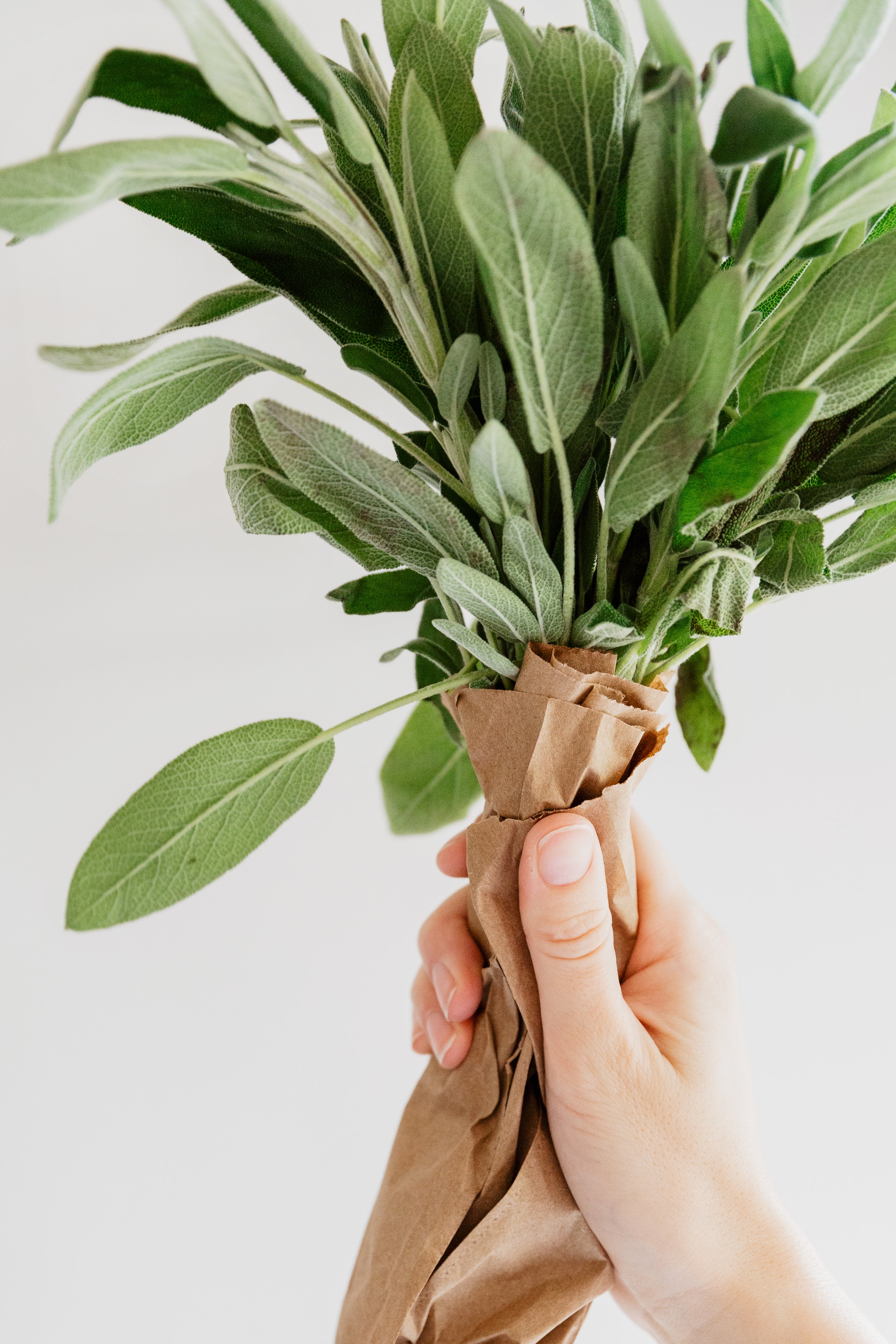Inflammation is your body’s defense system against injury, infections and irritation. Acute inflammation is the body’s healing response, but chronic inflammation can be the silent cause of many diseases, among them arthritis, heart disease, diabetes and even cancer. Thankfully, mother nature has amazing solutions in the shape of anti inflammatory herbs that have been utilized for hundreds of years to calm the system and help it to heal. These herbs have the additional benefit of pain reduction, immune support and skin regenerative effects as well as anti-inflammatory.
In this post, we will discuss the top 7 herbs for inflammation, what they do, how they work, and how you can make them part of your day-to-day for long term health. If you're seeking newer ways to ease joint pain, soothe digestive problems, or rejuvenate your skin, you might find these sources of anti inflammatory herbs to be helpful in your search for natural remedies.
1. Turmeric (Curcuma longa)
Turmeric is perhaps the most famous anti inflammatory herb in the world. Its potent benefits are owed to its active compound, curcumin. Research has shown that curcumin blocks molecules that play a role in inflammatory pathways, including something called NF-kB, as well as a substance known as COX-2, which makes it a similar, but natural, rival to certain anti-inflammatory medications—but without the negative side effects.
Benefits:
· Lessens pain and stiffness in joints
· Aids in liver detoxification
· Enhances brain function and mood
How to Use:
Sprinkle turmeric powder over soups, stews and smoothies, or take in supplement form with black pepper (which elevates absorption).
2. Ginger (Zingiber officinale)
Commonly regarded as a spice and herb, ginger is a home remedy for inflammation, nausea, and muscle pain. Gingerol, its major bioactive constituent, exerts strong antioxidant and anti-inflammatory properties.
Benefits:
· Soothes sore muscles and inflamed joints
· Eases digestive issues
· Supports healthy respiration
How to Use:
You can steep fresh or dried ginger in your tea, add it to your food, or take it in a capsule.
3. Boswellia (Boswellia serrata)
Boswellia (Indian frankincense) A potent anti swelling botanical used widely in the practice of Ayurvedic medicine. Its active ingredients, boswellic acids, suppress inflammation-inducing enzymes and provide pain relief similar to that of NSAIDs.
Benefits:
· Alleviates symptoms of osteoarthritis and rheumatoid arthritis
· Improves mobility and joint flexibility
· Supports digestive health and shield against IBD (inflammatory bowel disease)
How to Use:
Found as capsules, resins, or extracts, you should consume this with your meals for the best absorption.
4. Ashwagandha (Withania somnifera)
Ashwagandha is a highly respected adaptogenic herb, outranking even ginseng, and is credited with supporting the body’s ability to manage stress and lower systemic inflammation. It reduces levels of cortisol, a hormone associated with stress and inflammation and it also supports immune function.
Benefits:
· Lowers chronic stress and inflammation scheduled around your dinner and hampered by stress.
· Improves sleep quality
· Promotes endocrine and stamina support
How to Use:
Drink as a powder (preferable with warm milk or warm water) or as a capsule.
5. Holy Basil (Ocimum sanctum)
"Holy basil," also known as "Tulsi," is a sacred herb in Indian medicine with immune-boosting and anti-inflammatory effects. It reduces inflammatory markers such as IL-6 and TNF-alpha.
Benefits:
· Strengthens immunity
· Decreases inflammation related to stress and environmental toxins
· Promotes respiratory and cardiac health
How to Use:
Sip as a tea or ingest it as a tincture or capsule daily.
6. Licorice Root (Glycyrrhiza glabra)
Licorice root is not only sweet-tasting — it’s a strong anti-inflammatory herb, especially for the skin and digestive tract. It is comforting to the mucous membranes and has antiviral, antibacterial and antiinflammatory properties.
Benefits:
· Soothing irritation and eczema
· Relieves acid reflux and heartburn
· Supports adrenal functions
How to Use:
Steap as a tea or chew in deglycyrrhizinated form (DGL) to prevent blood pressure side effects.
7. Calendula (Calendula officinalis)
Calendula is best known for its bright orange petals and is one of the best anti-inflammatory herbs for skin healing. It’s antimicrobial, antifungal and anti-inflammatory, and many people use it as an ingredient in salves, creams and tinctures.
Benefits:
· Heals cuts, burns, and rashes
· It contains blood purifying and anti-inflammatory properties Helps to control acne and inflammation on the skin
· Fights fungal infections
How to Use:
Use externally as an oil, cream or salve, or drink as an herbal infusion.
How Anti-Inflammatory Herbs Work
Anti inflammatory herbs act by interfering with the vital body processes that are involved with inflammation. They also block the production of inflammatory substances such as prostaglandins, leukotrienes, and cytokines. Many of them are also rich in antioxidants that combat free radicals (and the subsequent tissue damage and oxidative stress). Some herbs are COX-2 inhibitors (also like some drugs), and others work to modulate the stress hormones, like cortisol, that drives inflammation from inside.
Are Anti-Inflammatory Herbs Okay to Take on a Regular Basis?
Most anti-inflammatory herbs are considered safe for long-term use when taken as directed. Still, individual responses can differ and some herbs can alter the effects of medications such as blood thinners and anti-diabetic drugs. If you have chronic conditions or are pregnant, breastfeeding or taking any prescription medications, consult a healthcare provider.
That said, small amounts of these herbs in your diet — such as using turmeric in cooking or sipping ginger tea — can provide gentle, mild anti-inflammatory support; which is better than turning to these powerful synthetic drugs.
Supporting Your Wellness Journey Naturally
If you try anti-inflammatory herbs and supplements, you may find great improvement! Whether you're dealing with joint pain, digestive issues, or simply looking to boost your skin’s natural glow, there's a plant-based remedy to support your goals.
To get you started, explore a curated selection of premium herbal supplements, like turmeric for inflammation, ashwagandha for stress relief, and holy basil for immune support—formulated for purity, potency, and effectiveness. Take the first step toward easing inflammation naturally.
Final Thoughts
We have been given a magnificent pharmacopoeia of inflammation fighting herbs which provide relief, healing and vitality - yet without the baggage that comes by using synthetic medications. Whether as teas, tinctures, supplements, or topical agents, these herbs for inflammation may serve as an important part of your wellness plan.
Make sure to educate yourself on their benefits, listen to your body and seek out the guidance of a certified herbalist or naturopath to come up with a plan that’s just right for you. Healing starts with information, and you’re already one step closer.






0 comments